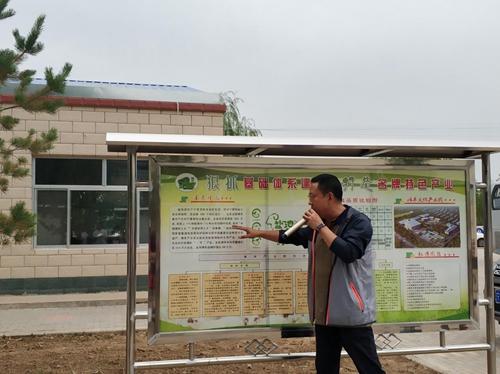
by是个常用介词,今天我们一起来看看有哪些用法:
一、表示方式或手段以by v.-ing结构是一个重点,该结构意思是“通过……,以……的方式”,表示“通过某种方式得到某种结果”,即表示行为的方式或手段。
E.g.
I practice speaking English by joining an English-language club.
Mr Li makes a living by driving taxis.
介词by v.-ing 结构常用来回答How do you...?或How can I...?之类的问题。
—How do you learn English?
—I learn English by reading aloud.
—How can I turn on the computer?
—By pressing this button. 按这个按钮。
二、表示位置意思是“在……旁边”,“靠近……”,有时可与beside互换。
The girls are playing by (beside) the lake. 女孩们正在湖边玩。
此时要注意它与介词near有所不同,即by 表示的距离更“近”。 比较:
He lives by the sea. 他住在海滨。
by phone 用电话
by telegram 用电报
by letter 用信件
by post 用邮寄
by radio 用无线电
by hand 用手工
四、表示时间 by machine 用机器
意思是“在……以前;不迟于……”。
e.g.
My mother will come back by 6:00. 我妈妈将在六点前回来。
五、表示动词执行者意思是“被;由”,主要用于被动语态,此时要注意它与介词with的区别:by 表示动作的主体,with 表示动作者的手段工具。
如: The house was destroyed by fire. 此屋被大火烧毁。
(fire是动作的主体,此句的主动形式为Fire destroyed the house.)
The house was destroyed with fire. 此屋是(被人)用火烧毁的。(fire只是工具,动作的主体另有其人,此句可认为省略了一个by短语,如by someone之类的,其主动形式可以是 Someone destroyed the house with fire.)
【延伸拓展】
介词with,in,through与by相同,也可以表示“通过(用)”,但有所区别。
①“with 名词”
a.表示用……工具(具体有形的工具)
b.(表材料或内容)以……,用……来填充
We see with our eyes and hear with our ears.
我们用眼睛看用耳朵听。
②“in 名词”表示“用……方式,用……原料或用……语言(语调、笔墨、颜色)等;”。
Listen!They’re talking in English.
③“through n.”表示“通过某种方式、由于某种理由、穿过”,多强调作用或原因。
You can achieve success only through your hard work. 你只有通过努力工作才能获得成功。
【课外积累】
● by 表示“凭,靠
by skill 凭技术
pay by cash 凭现金支付
by appointment 凭预约
learn by rote 死记硬背
teach by example 身教
by invitation 凭请柬
by air 乘坐飞机
by hand 手工
by intuition 凭直觉
by analysis 凭分析
by all means 用尽一切办法
by no means 决不,根本不
by means of 用,依靠
● by way of 通过…的方法
by arrangement 通过安排
by contrast 对比之下
by force 用武力
by road 乘坐汽车,由公路
by plane/train/sea
by one’s estimate 根据某人的估计
● by表示“ 就……而言,按”
by birth 按出身
by profession 按职业来说
by trade按职业来说
by nature 生来
by blood 按血统
by origin 就来源而言
by education 按所受教育
by religion 按宗教来说
by definition 根据定义
by night/day 夜间/白天
● by表示“因……所致,由于”
,
by chance 偶然,碰巧
by accident 偶然,碰巧
by mistake 由于错误
by luck 由于运气好
by design 由于谋划
by good fortune 由于运气好
by reason of 由于
by virtue of 由于,借助
by necessity 必然地,不可避免地






